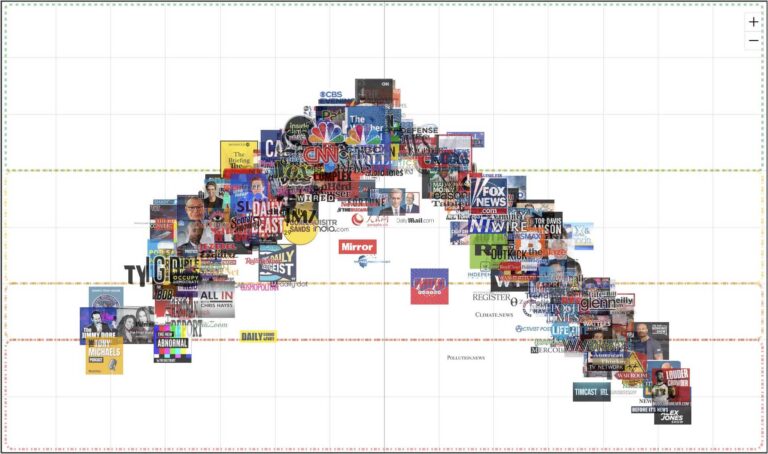Being an Informed Voter
When you vote, whether it's in-person or through an absentee or mail ballot, you want to make sure that you are knowledgeable about the candidates and understand the issues that you're voting on.
To be an informed voter, you need to be able to recognize real news from the fake and to navigate political rhetoric. This page will give you some resources for evaluating news and information sources. You may also find it useful to check out the following resources from the American Association of State Colleges and Universities.

Fact Checking Sites
Have you ever seen a report that seems too amazing or too wild to be true? It might actually be false.
Check out these reliable fact-checking sites to make sure the information you're reading and sharing is accurate.
- Factcheck.org
A project of the Annenberg Public Policy Center of the University of Pennsylvania, this site describes itself as "a nonpartisan, nonprofit 'consumer advocate' for voters that aims to reduce the level of deception and confusion in U.S. politics."
- PolitiFact
A nonpartisan fact-checking website founded by the Tampa Bay Times in Florida.
- Snopes
An independent publication owned by Snopes Media Group. Snopes provides extensive documentation to determine the reliability of reports and claims.
Avoid fake, false and regularly misleading sites
- Sites that are fake, misleading, or regularly deceptive often use exaggerated headlines and questionable or out-of-context information to provoke an emotional response and drive likes, shares, or profits.
- Examples:
- Websites that may circulate misleading and/or potentially unreliable information.
- Examples:
- Websites that use clickbait-y headlines and social media descriptions.
- Examples:
- Purposefully fake satire/comedy sites that can offer critical commentary on politics and society but have the potential to be shared as actual/literal news.
- Examples:
Explore a variety of reading, watching, and listening options. Consider checking out the media bias chart from Ad Fontes Media to see where your favorite news sources rank in terms of reliability (vertical axis) and bias (horizontal axis).
Below is a list of generally reliable, mostly open-access sources. *Keep in mind that some sites may limit the number of free articles you can read each month.
Keep in mind that even trustworthy sources, whether mainstream or alternative, corporate or nonprofit, have their own approaches to framing news. They select stories based on their own standards of what is newsworthy.
Be critical of the sources you share and engage with on social media.

Visit the interactive media bias chart from Ad Fontes Media
